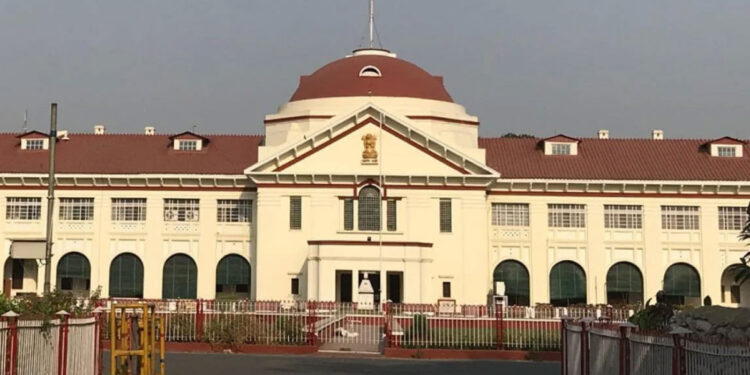The Patna High Court has taken a significant step in demanding accountability from the State government regarding the collection and utilization of the Health and Education cess since its inception in 2008. In response to a Public Interest Litigation (PIL) filed by Advocate Shama Sinha, the Court has issued a notice to the State government. The PIL highlights concerns over the alleged non-utilization and mismanagement of the funds collected through the cess.
The notice requires the State government to provide a comprehensive affidavit detailing the total amount of Health and Education cess collected since 2008 and the specific expenditures made from these funds. This move indicates the Court’s intention to ensure transparency and proper utilization of public funds, especially those earmarked for crucial sectors like health and education.
Advocate Shama Sinha, representing herself in the PIL, has raised important questions about the management of these funds, which are intended to improve healthcare and educational facilities in the state. The PIL likely emphasizes the need for effective utilization of these resources to address pressing issues in these sectors, such as infrastructure development, staff recruitment, and quality improvement measures.
The issuance of the notice signifies the Court’s recognition of the public interest involved in this matter and its willingness to intervene to ensure accountability. The State government’s response to the notice will be crucial in determining the extent of the alleged mismanagement and the steps needed to rectify the situation.
The Health and Education cess is levied to provide additional funds for the improvement of healthcare and educational facilities. However, concerns have been raised about the lack of transparency and accountability in the management of these funds in some states, including Bihar.
This PIL and the Court’s notice highlight the importance of effective governance and oversight in ensuring that public funds are used efficiently and effectively for the benefit of the citizens. It also underscores the role of the judiciary in upholding accountability and transparency in matters of public interest.
The outcome of this case could have far-reaching implications for the management of public funds earmarked for essential services. It could set a precedent for greater scrutiny and accountability in the utilization of such funds, ultimately leading to improved services and facilities for the citizens of Bihar.

















